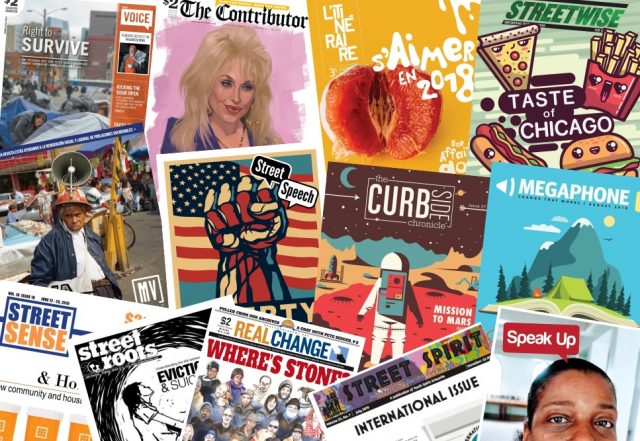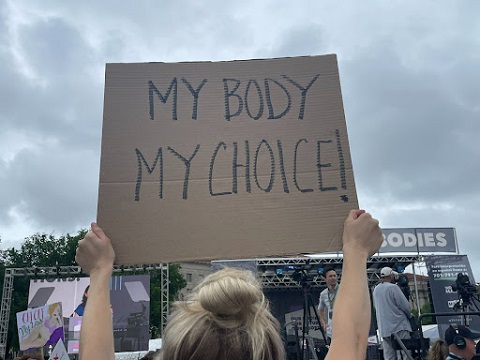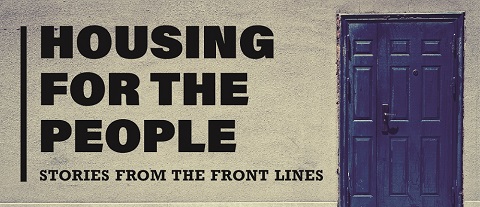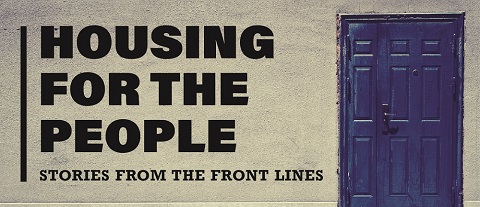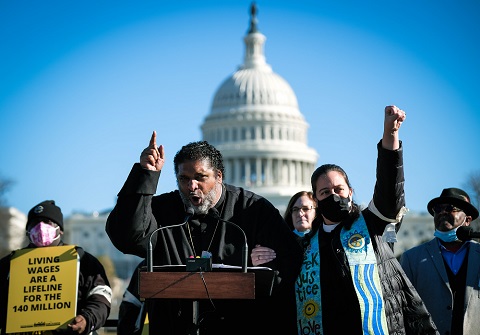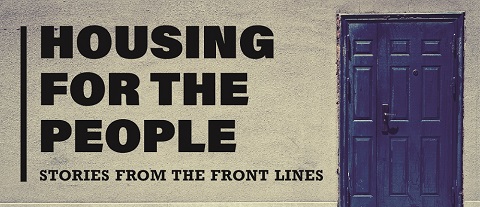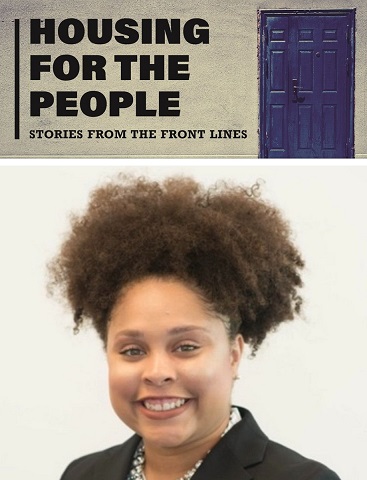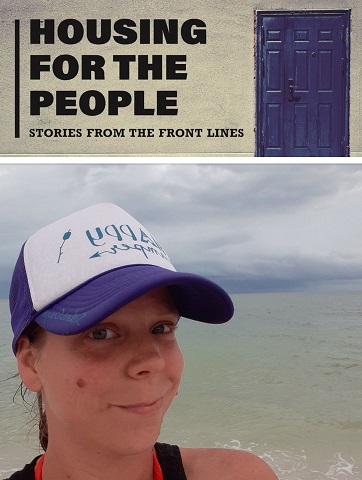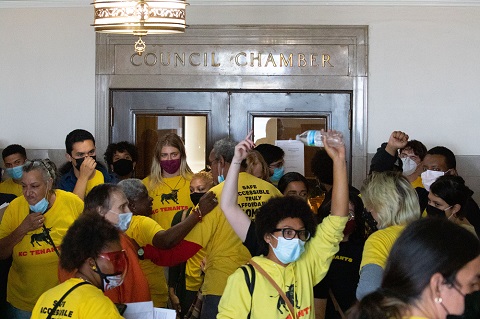INSP will this month bring together some of the top journalists and media professionals from Scotland and further afield to debate fake news, ‘alternative facts’ and role of journalists in holding power to account.
As the global war against truth rages, the Alternative journalism vs. ‘alternative facts’ event on 30 March will explore how alternative forms of journalism can lead the fight against fake news.
The panel will be chaired by international award-winning investigative journalist and academic Dr Eamonn O’Neill and our panellists are drawn from Scotland’s burgeoning alternative media outlets.

They are: journalist and broadcaster Stuart Cosgrove; Peter Geoghegan –Director of The Ferret and author of The People’s Referendum; Susan Smith – Editor of Third Force News and Angela Haggerty – Editor of CommonSpace.
They will be joined by Tim Harris – INSP board member and Founder and Director of Seattle’s pioneering street paper Real Change – who will provide a view from the street paper network and the United States.
Director of independent media co-operative The Ferret Peter Geoghegan said that the conversation around these topic was vital.
“The case for journalism has never been stronger. Authoritative, sceptical reporting is an integral part of a healthy society – and a healthy democracy. But the same digital technology that is disrupting the business model on which journalism has relied on is aiding the spread of propaganda and disinformation – often for political purposes,” he said.
“There is a clear need for alternative models for funding journalism, but also alternative ways for challenging mis-reporting and bias. There are no easy answers but the conversations need to start now.”
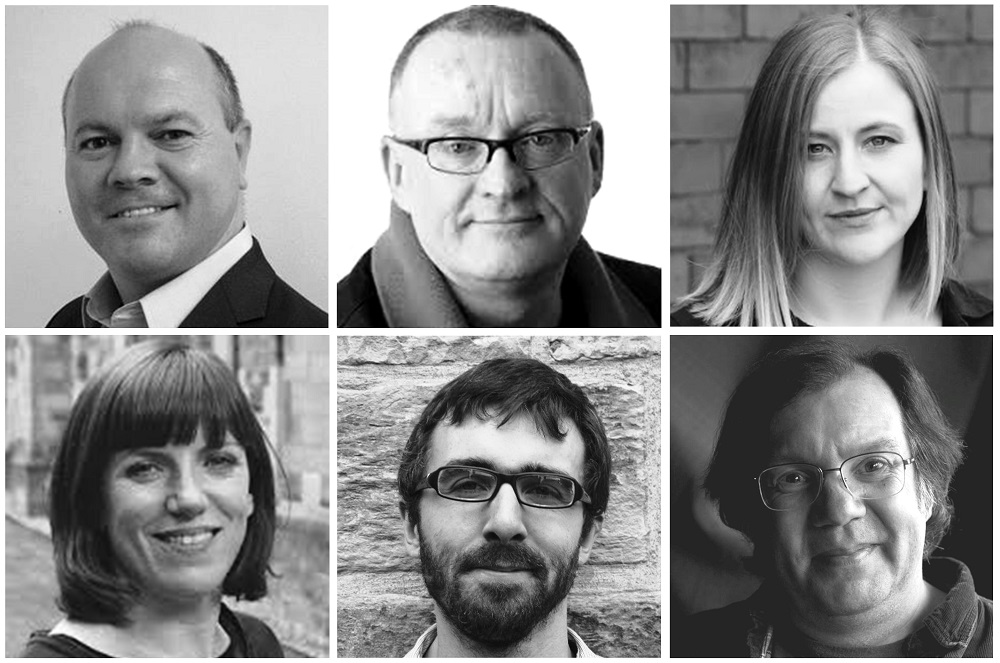
Susan Smith, who edits Scotland’s only third sector news outlet Third Force News, added: “Journalists should be as committed to the truth as a doctor is to saving lives. Unfortunately, truth is more complicated than life and death – it has always been open to interpretation.
“In a world where propaganda can spread globally within minutes, it’s easy to see how confusing it is for people, who don’t know who to believe. That’s why it is more important than ever that professional news outlets assert their total commitment to professional ethical standards and the public continues to support professional journalism they know they can trust.”
Angela Haggerty edits news site Common Space – ‘a place to network, share ideas and discuss the issues affecting Scotland’.
“It’s high time we got around to talking about so-called fake news, and I really welcome wide debate on it,” she said. “But it’s also time that we got more honest about it – the phenomenon of completely fabricated news to capitalise on online advertising may be a new development, but bold dishonesty in the established media certainly isn’t. We can’t keep pretending that one form of media is legitimate above all others when the evidence suggests otherwise. If we want a better media, we have to get serious about it, and we have to acknowledge that we have big problems.”
INSP Chief Executive Maree Aldam said the organisation was perfectly placed to host this important debate.
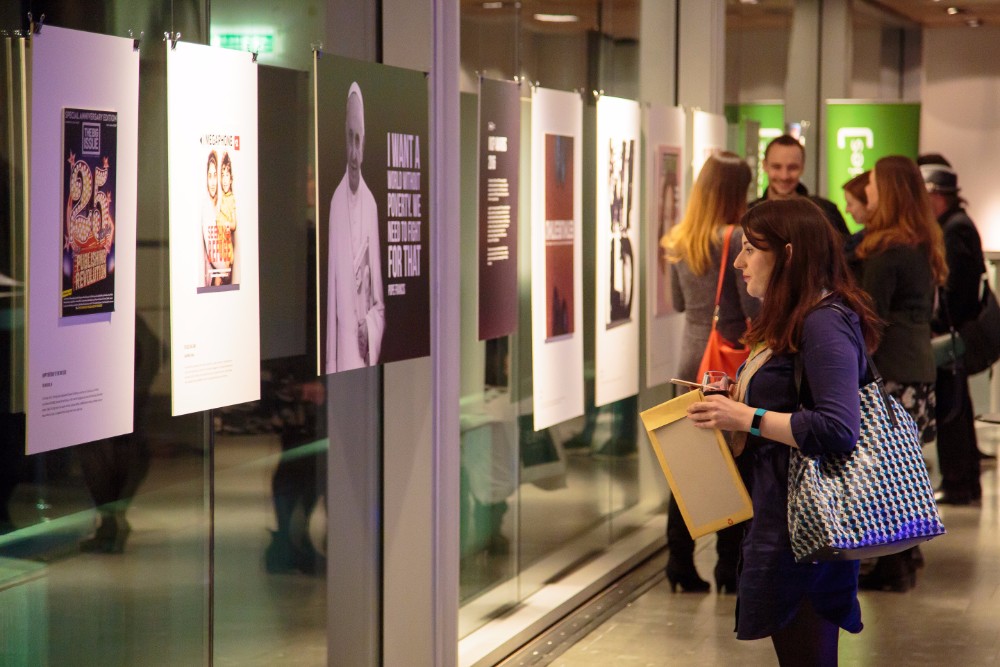
“For the past two decades our street papers have offered a lifeline for thousands of homeless people, but they have also been an important part of the alternative media landscape, reporting on social injustice and representing marginalised voices,” she explained.
“The current state of global affairs means that this dual role is now more important than ever, and there has never been a better time to have this conversation. We’re delighted to bring this fantastic panel together in Glasgow for what will be a fascinating discussion.”
The event is part of a series connected to UNCOVERED: still homeless, still an issue – the world’s first exhibition celebrating the creativity and social impact of street papers worldwide.
While The Big Issue is well known throughout the UK, many people are unaware that there are 110 papers in 35 countries that use the same model to offer ‘a hand-up, not a hand out’ to people facing homelessness and social exclusion.
Glasgow is at the heart of this network, as the home of INSP – the network organisation that brings these papers together, offering support, advice and resources.
The free interactive exhibition, created in partnership with ideas agency Equator, is open to the public until 9 April at The Lighthouse in Glasgow.
Tickets for Alternative journalism vs ‘alternative facts’ are available here.




